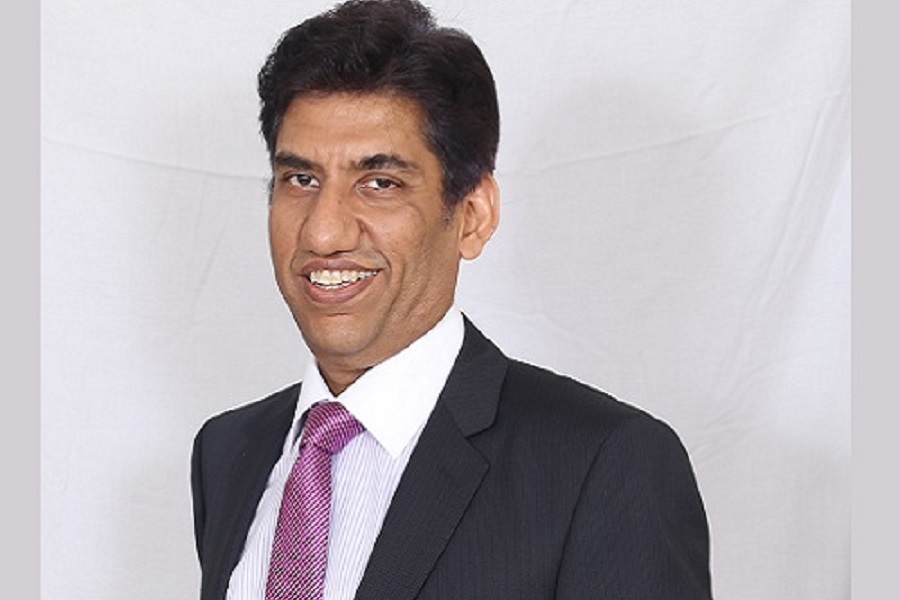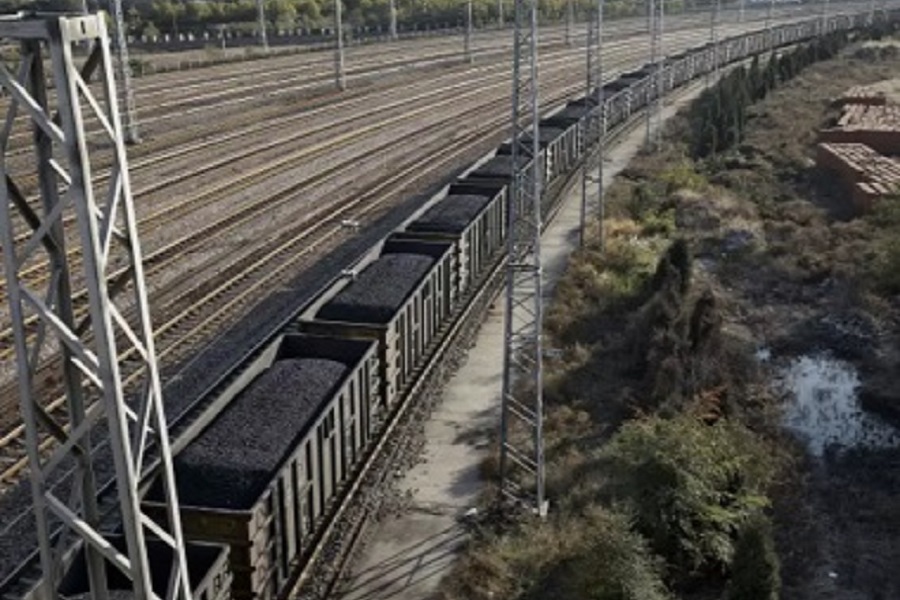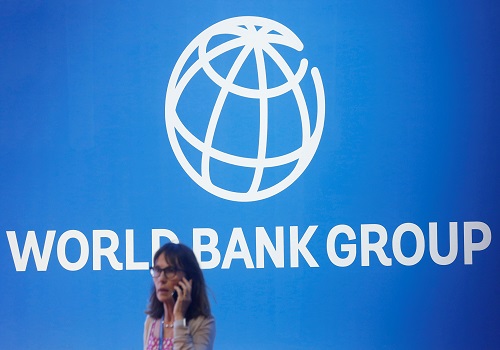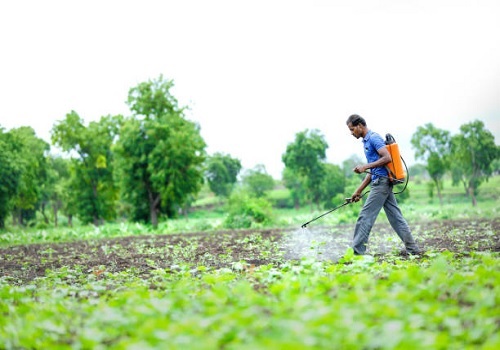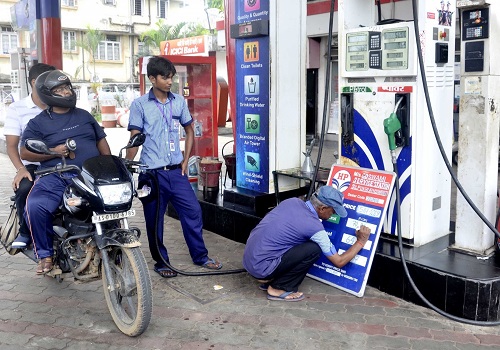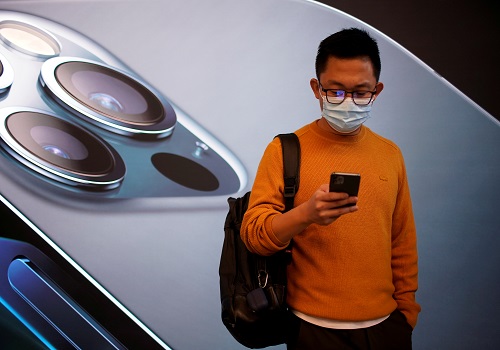Rural S. African nurses fear being forgotten in vaccine roll-out
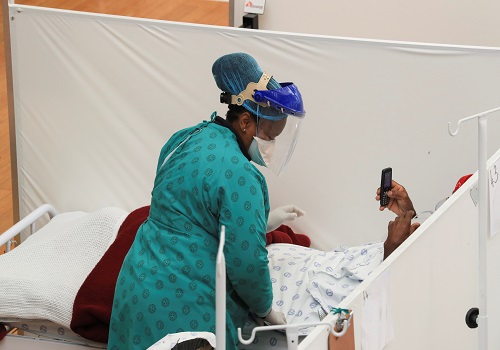
Follow us Now on Telegram ! Get daily 10 - 12 important updates on Business, Finance and Investment. Join our Telegram Channel
JOHANNESBURG - South African nurses called on the government on Monday to ensure overstretched workers in rural clinics and hospitals get access to COVID-19 vaccines as the hard-hit country received its first batch of doses.
Rural nurses have reported shortages of personal protective equipment (PPE) such as face masks during the pandemic and - with few detailed announcements about inoculation plans for remote areas - many fear they could be last in line.
"Healthcare workers' hands are full as we speak, we are very concerned about overstretching them to breaking point," said Sibongiseni Delihlazo, spokesman for the Democratic Nursing Organisation of South Africa (DENOSA), a union.
"It is important to not forget them," Delihlazo told the Thomson Reuters Foundation by phone.
South Africa has the highest number of confirmed coronavirus cases on the continent with more than 1.4 million cases and over 43,000 deaths to date.
One million shots of the AstraZeneca-Oxford vaccine will be given to healthcare workers in the coming months, with an extra 500,000 set to arrive in February.
A recent health ministry presentation showed there were about 1.25 million health workers to be vaccinated and unions are already calling for more vaccines as each healthcare worker will need two doses.
In places so remote that they cannot be reached by car, healthcare employees fear limited access to vaccines could exacerbate difficult working conditions.
"Ordinarily those clinics don't have resources or even water, ablutions are not in good conditions," said Kedibone Mdolo, the north west acting provincial secretary of DENOSA.
"Those nurses out there are forgotten so it will be a test for the (health) department to see how best they will reach them," she said, adding that officials had given only "general answers" on rural roll-out plans.
The Department of Health did not respond to requests for comment, but Health Minister Zweli Mkhize said recently the "entire country" was being contemplated in the inoculation programme.
"In some of those areas we will go to a rural hospital and use it as a base to go to various clinics to make sure people can be accessed in nearby areas," Mkhize said in a local television interview.
The North West province, where health workers have spoken out about PPE shortages, said vaccination sites will administer 500 doses per day and although more work had to be done, they were working on informing all citizens of the roll-out plan.
Healthcare workers will be first in line for vaccination under the programme, followed by essential workers, the elderly and people with underlying health conditions.
"The biggest risk would be not reaching herd immunity, and the healthcare workers become the patients. Who will look after them?" Delihlazo said.
(Reporting by Kim Harrisberg @KimHarrisberg; Editing by Helen Popper. Please credit the Thomson Reuters Foundation, the charitable arm of Thomson Reuters, that covers the lives of people around the world who struggle to live freely or fairly. Visit http://news.trust.org)





